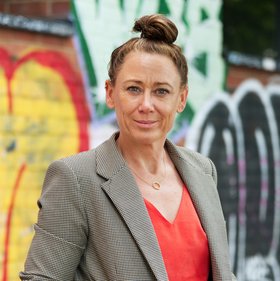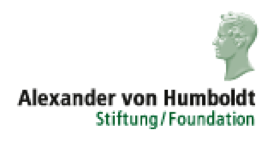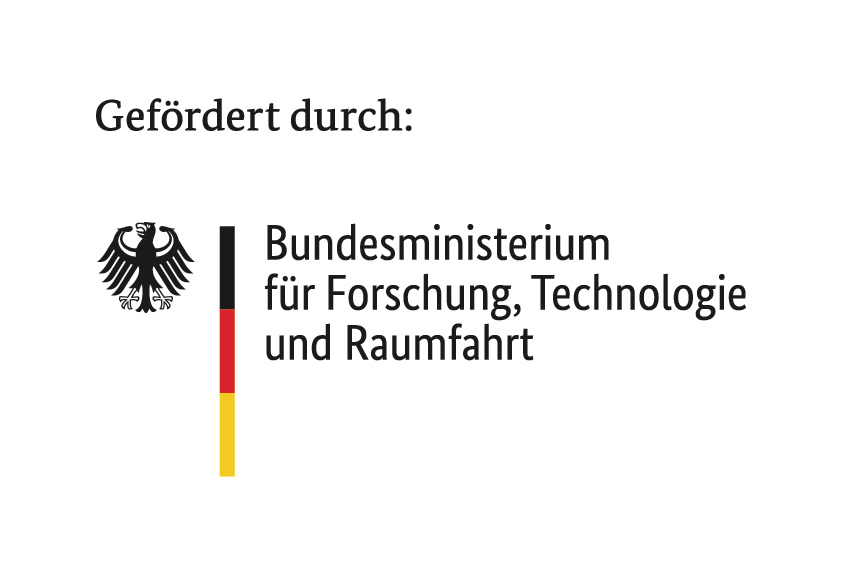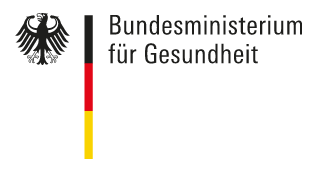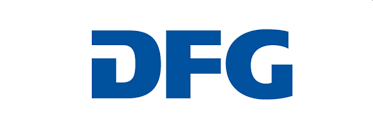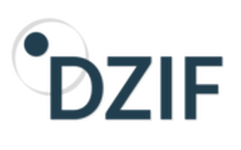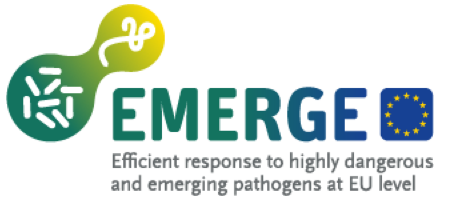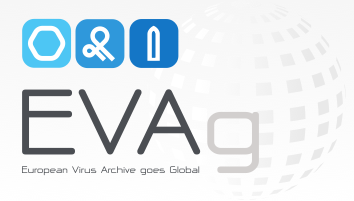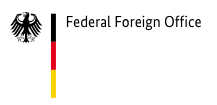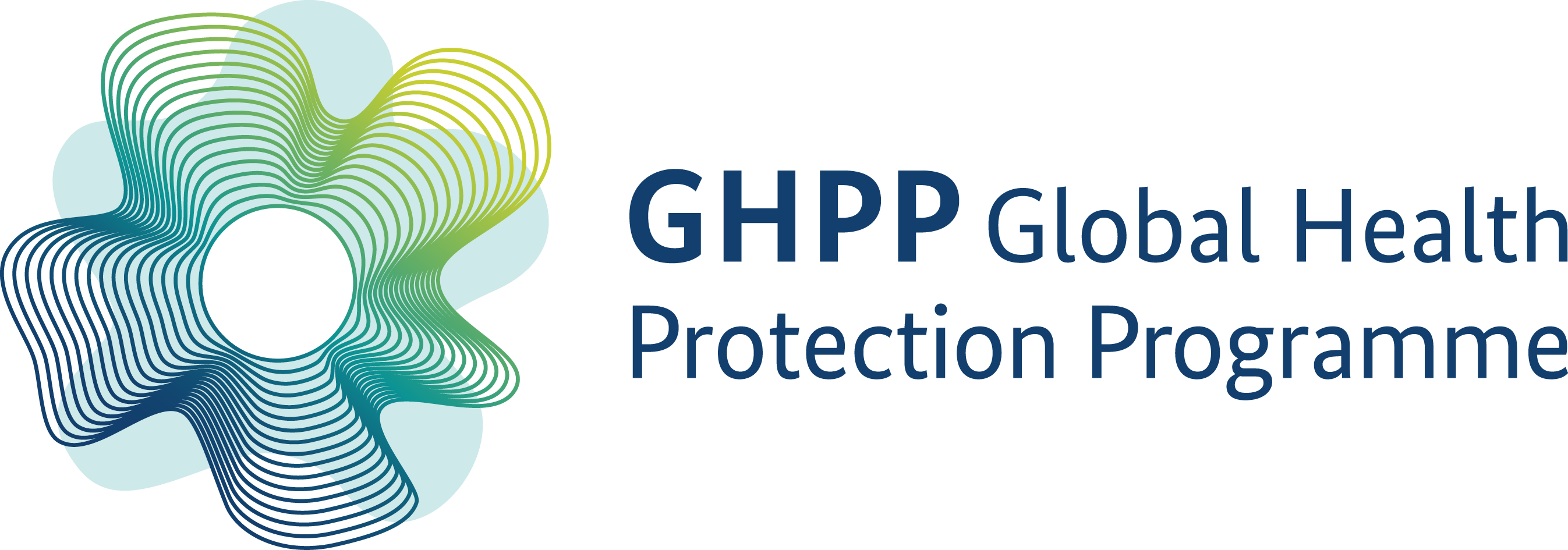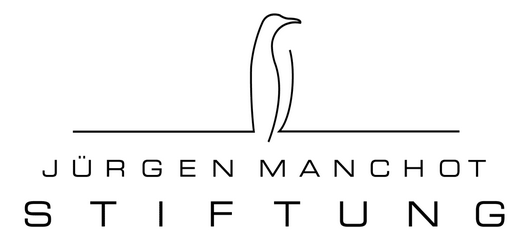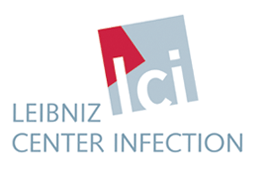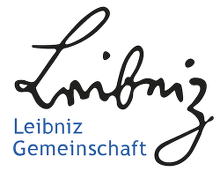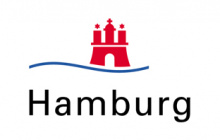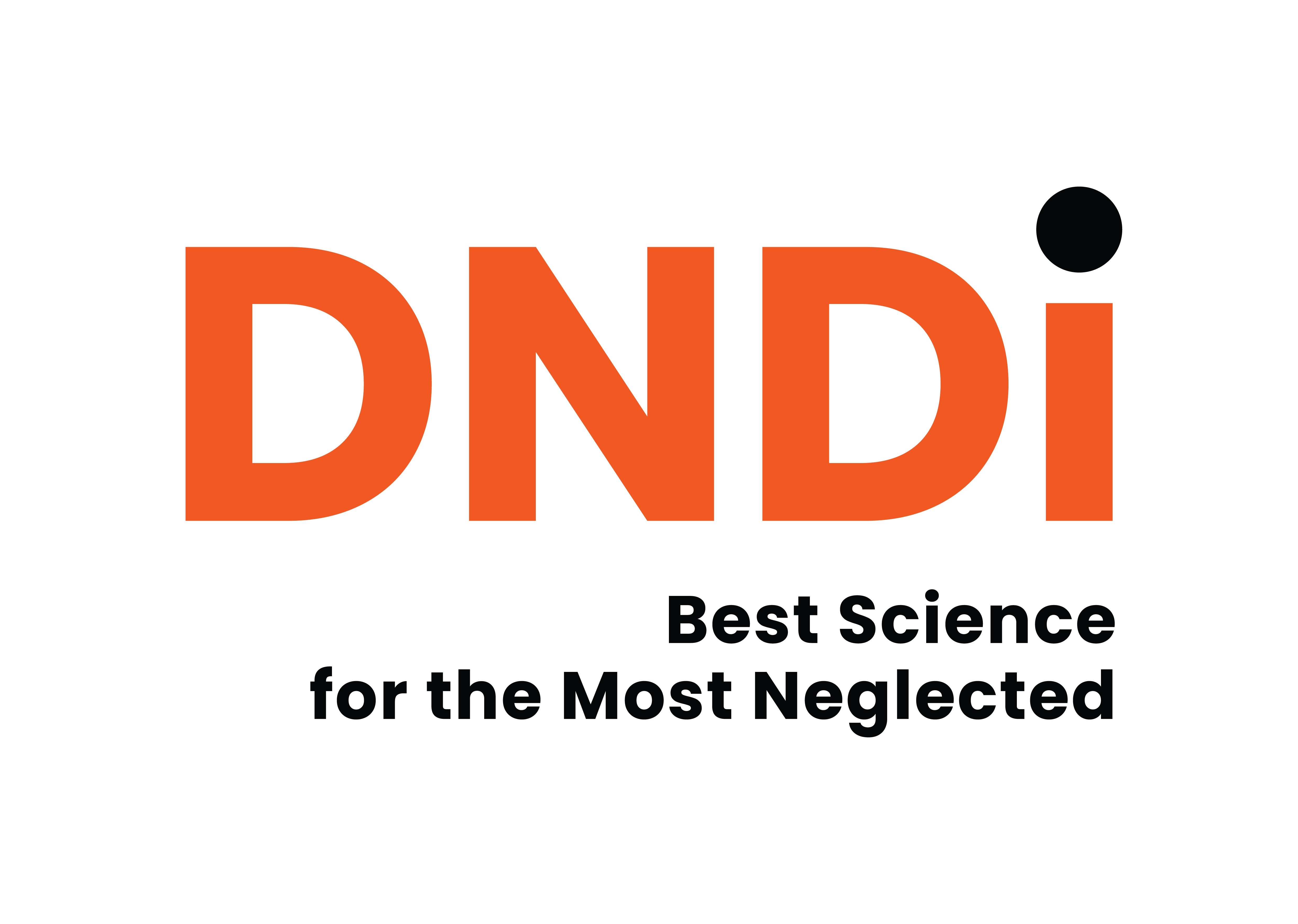Nigeria: Irrua Specialist Teaching Hospital, Edo State
Since 2007, the Department of Virology has maintained a close collaboration with the Irrua Specialist Teaching Hospital (ISTH) in Irrua, Nigeria. The main focus of the joint research program is on Lassa fever as ISTH is localized within a Lassa endemic region. A cooperation agreement (Memorandum of Understanding (MoU)) to support the creation of a laboratory for molecular Lassa virus diagnostics was established in 2008. Since then, more than 3,000 suspected samples are tested every year, of which about 20% are positive for Lassa virus. New laboratory wings were built in 2014 and 2018 and equipped with modern, state-of-the-art equipment for conducting in-country surveillance activities and research projects on not only Lassa fever but also other viral hemorrhagic fevers and COVID-19. Since 2021, a new Lassa fever ward is being built, which, linked with the clinical trial and research training center laboratory, will offer a unique setup for the conduct of clinical trials. Regular staff exchanges from/to BNITM and ISTH happen every year to carry out projects and reinforce capacities. The activities in Nigeria are supported by the German Federal Foreign Office, the German Research Foundation (DFG), the German Ministry of Health, and the European Union.
Guinea: A network of three viral hemorrhagic fever laboratories
Since 1998, the Department of Virology has maintained a collaboration with the Viral Hemorrhagic Fever Laboratory of Guinea (LFHVG-CRV) located in Conakry. It serves as a national reference laboratory and it is part of Guinea's public health surveillance system. To further strengthen the country's surveillance capacity following the 2014-2016 Ebola virus disease outbreak in West Africa, BNITM supported the creation of a laboratory in Forest Guinea in 2016 in Guéckédou (“Laboratoire des Fièvres Hémorragiques Virales de Gueckédou” (LFHV-GKD), Gueckédou). Since then, the laboratory has been fully supported by the BNITM through the Global Health Protection Program (GHPP) from the German Ministry of Health. Following the resurgence of Ebola virus disease in 2021 in Guinea, an additional partnership was established with the “Laboratoire des Fièvres Hémorragiques Virales de l’Hôpital Régional de N’Zérékoré” (HRNZE) located in N’Zérékoré. All three laboratories are part of GHPP and contribute to the surveillance system of the country and to field studies on viral hemorrhagic fevers and COVID19. Our long-term capacity building programs and commitments led to the discovery of Ebola virus disease re-emergence, to multiple detections of Lassa fever acute cases and to the emergence of Marburg virus disease in West-Africa.
Benin: Laboratoire des Fièvres Hémorragiques Virales de Cotonou - LFHV-Cot.
The viral hemorrhagic fever laboratory in Cotonou, headed by Dr. Anges Yadouleton, is the national reference laboratory for viral hemorrhagic fevers in the country and has been established with German support since 2014. With the onset of the Corona pandemic, the Beninese government decided to use the LFHV-Cot henceforth as the central laboratory for SARS-CoV-2 detection. Since then, it has played a key role in the Plan de Preparation et de Riposte à la COVID-19 au Benin. As part of the CEPI ENABLE program, other sentinel laboratories associated with the national reference laboratory have been reinforced. Our collaborative activities and capacity building programs in Benin are primarily supported by the German Ministry of Health, through GHPP.
Sierra Leone: Njala University
As of January 2023, a new partnership is being established with the Department of Environmental Health Sciences, School of Community Health Sciences, Njala University, Sierra Leone.
Multi-country cooperation partners
The INTEGRATE consortium consists of leading scientists, physicians, patients, funders, and policymakers from several institutions from the Global South and North, including institutions in West Africa with established experience in managing Lassa fever patients and proven capacity to conduct clinical trials in Nigeria (Irrua Specialist Teaching Hospital, and the Federal Medical Center of Owo). Institutions committed to capacity building for and implementation of clinical research in a long-term perspective include CORAL (ALIMA, Inserm 1219, UBX, PACCI) and BNITM (Bernhard Nocht Institute for Tropical Medicine). Patients’ organizations within the country involved in the research and funding agencies or clinical research networks committed to support the activities of the INTEGRATE consortium: ANRS-Maladies Infectieuses Émergentes (ANRS-MIE), Paris, France and DZIF (German Centre for Infection Research; BNITM being part of it), Germany.
Belgium: KU Leuven, Evolutionary and Computational Virology
Since 2018 we have been in collaboration with the Evolutionary and Computational Virology (ECV), KU Leuven, Belgium, led by Prof. Philippe Lemey, a world-renowned expert in virus evolutionary processes, as well with Dr. Liana Kafetzopoulou, an expert on Illumina and MinION sequencing.
Link: rega.kuleuven.be/cev/ecv


